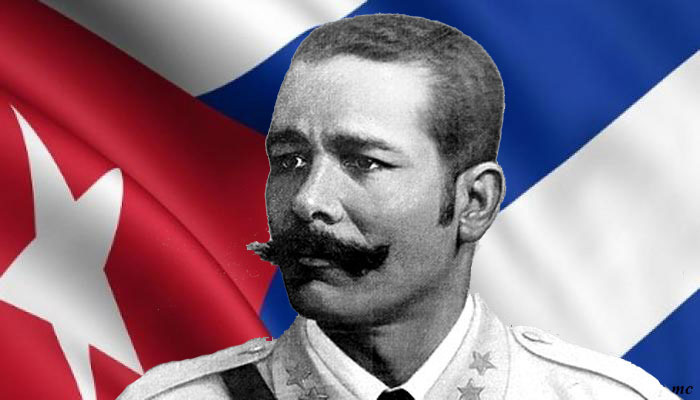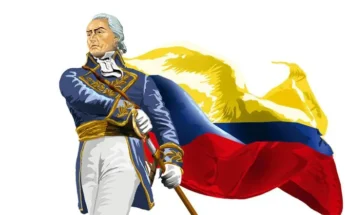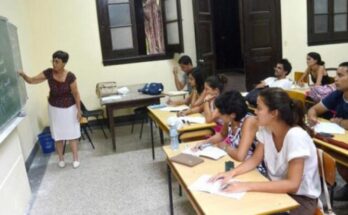When Major General Antonio Maceo Grajales died in combat in Potrero Bobadilla, he was 51 years old, and he was in full maturity of his actions and thoughts, his body was marked by 26 scars of war, of which he received 21 in the battle of 1968; in a frustrated attempt to recover his body, Captain Francisco Gómez Toro (Panchito) also lost his life.
A group of brave soldiers, headed by Juan Delgado, was able to recover the bodies of the Lieutenant General and his assistant; the corpses were secretly buried in the farm El Cacahual, near Santiago de las Vegas, where later a monumental complex was erected and inaugurated on this date in 1900.
Born on June 14, 1895, Antonio Maceo became a master in the use of military tactics, he was a combatant par excellence and a leader of high prestige; it is estimated that he took part in more than 600 combat actions, including around 200 battles of great significance.
Maceo was the protagonist of the historical Baraguá Protest; during the Tregua Fecunda he was Major General of the Honduran army and together with Máximo Gómez he developed a plan directed to a new war for independence which failed and while visiting Cuba in 1890 he secretly organized the plan for an uprising frustrated by his expulsion from the country.
During the so-called Necessary War, Maceo took command of the eastern province and in the Assembly of Jimaguayú he was appointed lieutenant general of the Liberation Army, and together with the Generalissimo he led the invasion of the west, the strongest military campaign of all the combat against colonialism in Latin America.
Due to the transcendence of his military exploits, Antonio Maceo was seen in many European countries as a symbol of the struggle against absolute monarchies, for republicanism and for the vindication of the peoples, and as an expression of the search for social justice to benefit the most dispossessed.
The Bronze Titan was also considered a paradigm of anti-colonialism, independence and the necessary reforms so that the Latin American republics could emerge from the historical backwardness and obscurantism in which the political, economic and social oligarchies had submerged them.
A man of action and thought, in letters, circulars and interviews he clearly expressed his anti-imperialism; José Martí said of him that “We must pay attention to what he says, because Maceo has as much strength in his mind as in his arm”.





